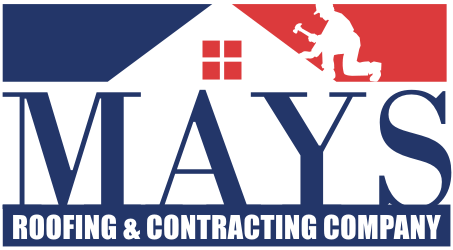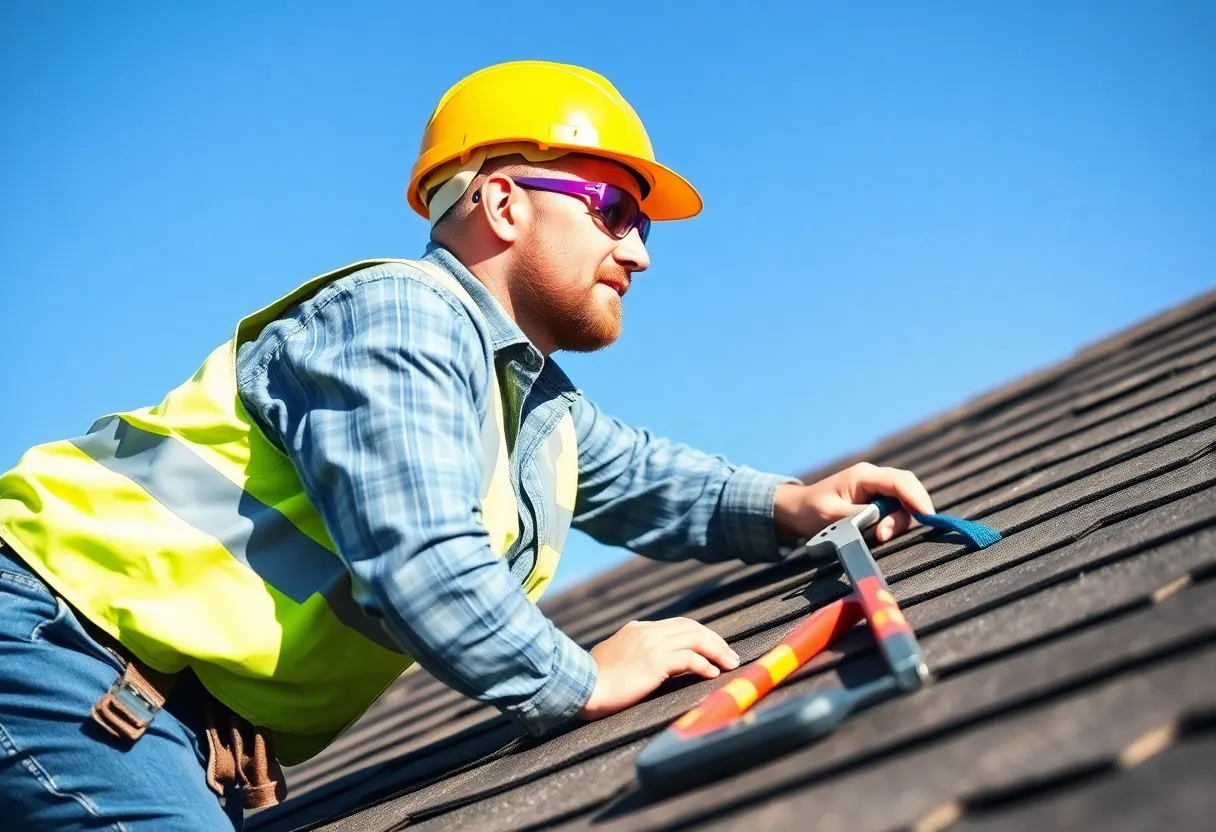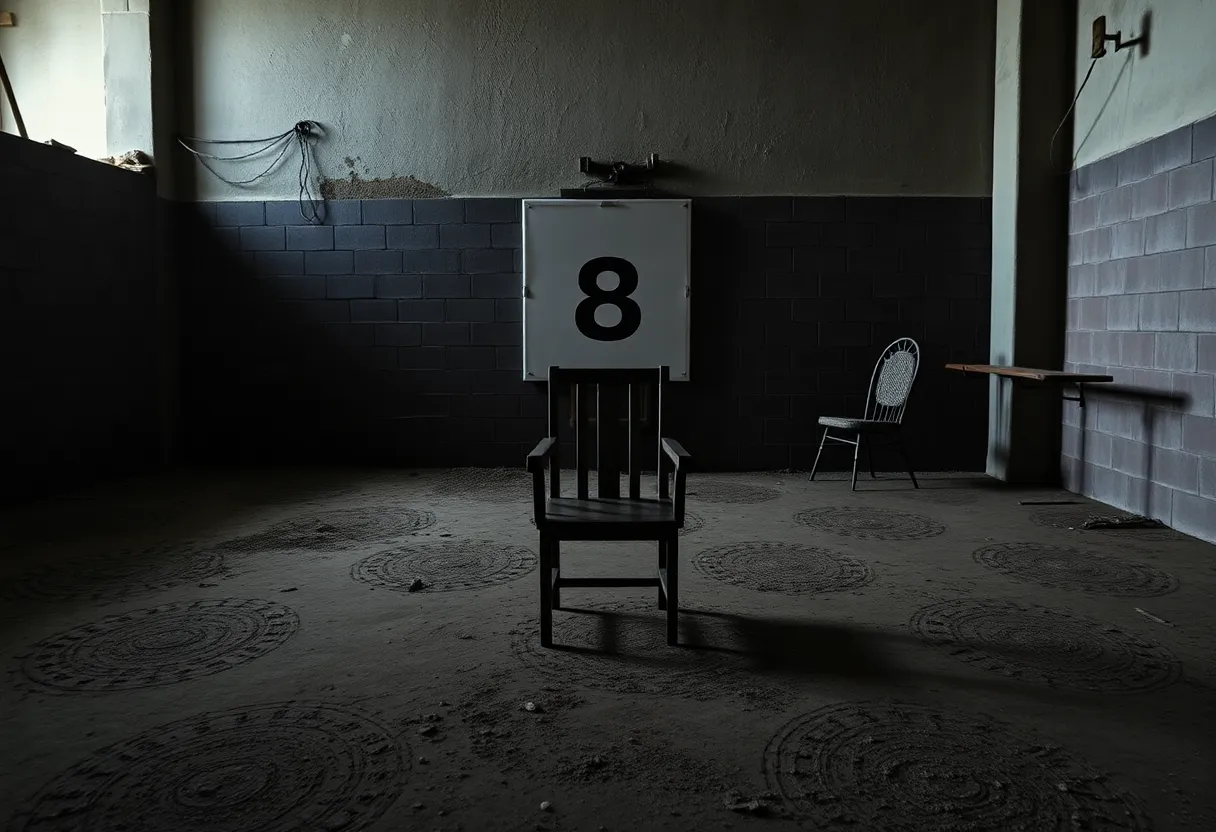How to Safely Handle Roofing Repairs: Essential Guidelines for Homeowners
Roof repairs are crucial for maintaining the structural integrity of a home. Timely repairs can prevent significant damage and ensure the safety of the inhabitants. However, improper handling of roofing repairs can lead to accidents and further complications. This article outlines essential guidelines that homeowners must follow to safely manage roofing repairs.
Importance of Safety in Roofing Repairs
Safety should always be the top priority when handling roofing repairs. Roofs are often steep and slippery, increasing the risk of falls. Additionally, roofing materials can be heavy and difficult to maneuver, posing physical strain and injury risks. Employing safety precautions not only protects the individual performing the repairs but also safeguards the home from potential damage.
Assessing the Damage
Identify the Problem Area
Before attempting any repairs, it is critical to identify the problem area. Look for obvious signs such as:
- Missing shingles
- Water stains on ceilings
- Granules from shingles in gutters
- Visible wear or decay
Utilize binoculars from the ground level to inspect hard-to-reach areas. This may help in making a preliminary assessment of the damage.
Considerations for Seasonal Repairs
The time of year can affect the feasibility and safety of repairs. Avoid making repairs during adverse weather conditions. In the winter, snow and ice can make roofs particularly hazardous. In summer, high temperatures can lead to heat exhaustion. Plan repairs for dry, moderate weather to ensure safety.
Preparation Before Climbing onto the Roof
Gather Essential Tools and Materials
Preparation is key for efficient repairs. Gather all tools and materials required for your roofing project. Common tools include:
- Roofing nail gun or hammer
- Ladder
- Roofing cement
- Measuring tape
- Utility knife
- Safety harness
Utilize Proper Equipment
Safety gear is non-negotiable when performing roofing tasks. Equip yourself with:
- Non-slip shoes
- Hard hat
- Safety goggles
- Gloves
Consider a safety harness tethered to a secure area in case you lose your footing. This additional layer of protection can be a lifesaver.
Climbing the Ladder Safely
Inspect the Ladder
Before ascending, thoroughly inspect the ladder. Ensure that:
- It is sturdy and free of damage.
- The feet are positioned on stable, dry ground.
- The ladder extends at least three feet above the roofline.
Proper Ladder Technique
Climb the ladder slowly and maintain three points of contact (two hands and a foot or two feet and a hand) at all times. This technique stabilizes your center of gravity and enhances your grip.
Roof Access and Movement
Use Caution When Walking on the Roof
Once on the roof, remain mindful of your surroundings. Complex roof designs can create risks where slopes and edges meet. It’s best to:
- Move gradually and deliberately.
- Keep your weight centered over the rafters.
- Avoid stepping near the edges without proper support.
Utilize Proper Footwear
Investing in non-slip footwear is a smart choice. Rubber-soled shoes provide better traction and decrease the likelihood of slipping.
Performing the Repairs
Follow Best Practices for Specific Repairs
When handling roofing repairs, specific types of damage require particular attention:
Shingle Replacement
For replacing missing or damaged shingles:
- Use a pry bar to lift the compromised shingles.
- Carefully slide in the replacement shingles, ensuring proper alignment.
- Secure with roofing nails following manufacturer recommendations.
Sealing Leaks
To seal a leaking area:
- Locate the source of the leak.
- Apply roofing cement generously around the affected area.
- Press down and smoothen the edges for a tight seal.
Flashing Repairs
Flashing is vital for safeguarding joints and edges from water intrusion:
- Inspect for rust or deterioration.
- Replace damaged flashing and secure it tightly.
Post-Repair Safety Considerations
Thorough Inspection
Once repairs are complete, conduct a thorough inspection. Look for:
- Gaps in newly installed shingles.
- Secured flashing.
- Proper sealing of any repaired leaks.
Take additional time to ensure everything is in order before dismounting.
Clean Up
After repairs are concluded, clean the roof area of any debris. Properly dispose of old shingles and nails to prevent accidents in the future.
When to Seek Professional Help
While many homeowners can handle minor repairs, some situations warrant professional assistance. Consider hiring a licensed contractor if:
- You are uncomfortable with heights.
- Repairs involve complex structural issues.
- Numerous shingles need replacement.
Contractors possess the necessary experience and tools to perform repairs safely and effectively.
Legal and Insurance Considerations
Know Your Local Regulations
Before initiating any repairs, familiarize yourself with local building codes and regulations. Compliance minimizes legal complications and ensures the work meets safety standards.
Insurance Coverage
Review your homeowner’s insurance policy. Some policies may cover roofing repairs, which can alleviate financial burdens. Always communicate with your insurance company before beginning any repairs.
Conclusion
Roofing repairs are a significant aspect of home maintenance that must be approached with caution. Following the guidelines provided can enhance personal safety and ensure effective repairs. Do not hesitate to seek professional help when necessary, as safety and thorough work should always come first.
By taking these detailed steps, you can protect your home and ensure a safe environment for yourself and your family.





 Mays Contracting
Mays Contracting


